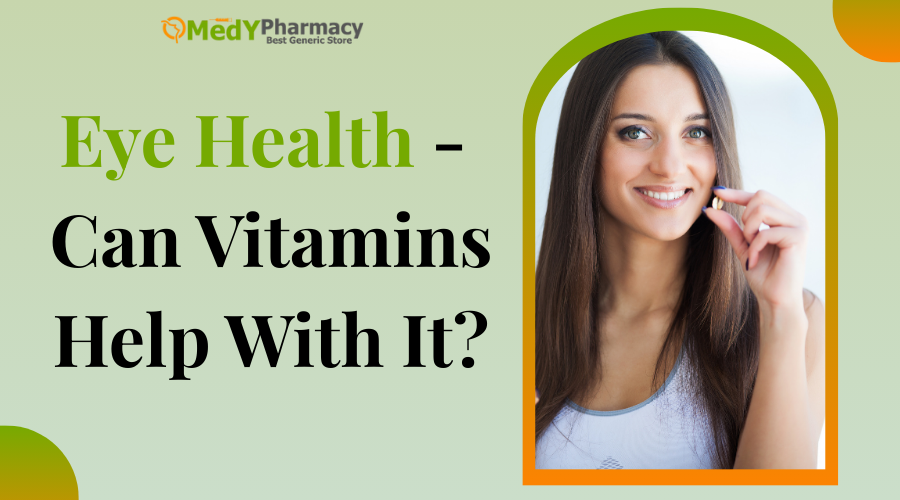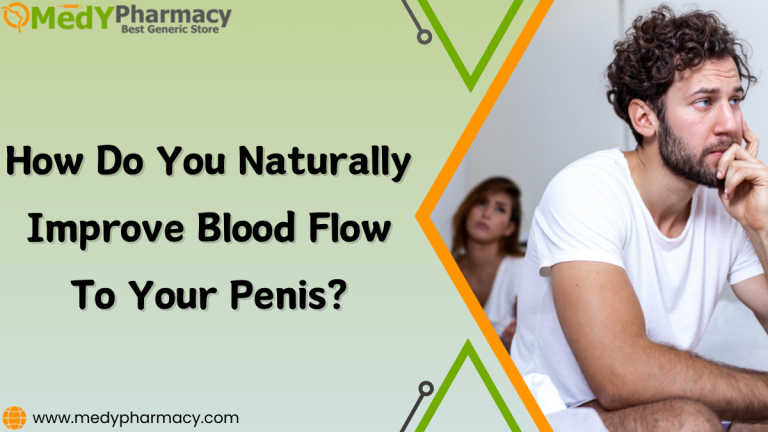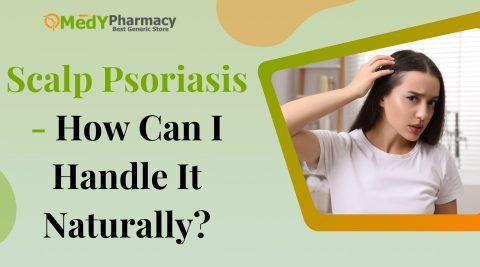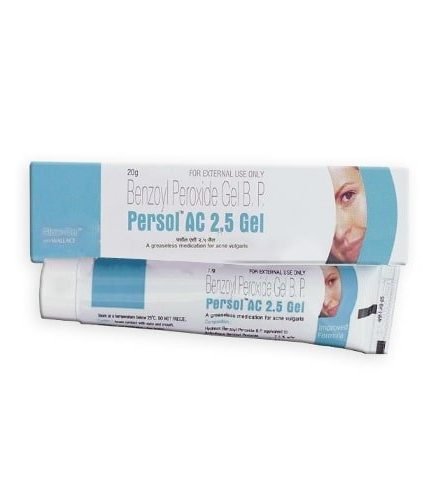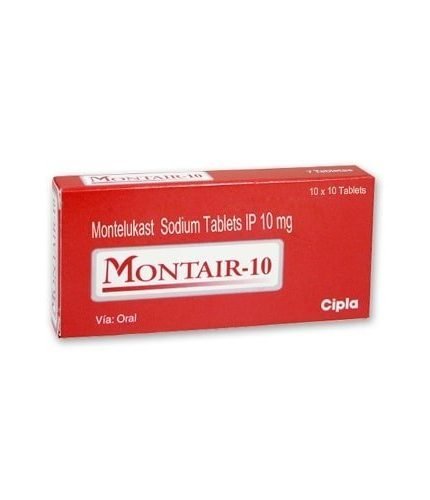Introduction:
It has long been recognised that nutrition has a significant role in eye health and eyesight. Vitamin shortages are prevalent, and it is well recognised that not getting enough of several vitamins can harm your eyes.
While the human body can retain some vitamins and minerals, others are eliminated on a daily basis. Fat-soluble vitamins can be stored in the liver and other bodily tissues and made accessible when there is a temporary dietary shortage. We must, however, replace the water-soluble vitamins we excrete regularly.
Given the abundance of health-related marketing and information available, it can be challenging to determine which advice is most appropriate.
Severe eye disorders and night blindness can result from a vitamin A deficiency.
Similar to this, vitamin E, an antioxidant present in nuts, seeds, and green vegetables, may aid in shielding eye cells from oxidative stress-related harm. When paired with additional vitamins and minerals, it can help provide a complete defence against eye conditions.
We have included some helpful information regarding several eye diseases and vitamins that are, or may be, beneficial for eye health.
What Is Eye Health?
This is a reference to the general health and healthy operation of the eyes. It includes preserving good eyesight, avoiding eye conditions, and making sure the eyes are healthy and free from infections or injuries. The eyes need regular examinations and maintenance to perform at their best, just like any other part of the body.
We can see and understand the world around us when we have clear eyesight. Healthy eyes can reliably distinguish colours, concentrate, and adapt to changes in light.
Common eye disorders must be prevented and managed as part of eye health. For early identification and treatment, routine eye exams are crucial since many of these disorders can develop gradually and may not exhibit symptoms until they become problematic.
If you have elevated blood pressure in your eyes, your doctor may recommend using Careprost Eye Drop. Conjunctivitis is one of the many types of eye infections and allergies that can occur.
Prolonged eye strain or exposure to irritants can cause pain and visual problems over time.
More than just maintaining good vision, this is about taking care of your eyes holistically.
Vitamins – What Are They?
Small quantities of these vital nutrients are necessary for the body to operate correctly. They are essential for several body functions, such as immunity, metabolism, and cell division. We must obtain the majority of vitamins from food or supplements because the body is unable to manufacture them on its own.
Generally speaking, a healthy individual can get all the vitamins they require from a balanced diet. Rich sources of several vitamins include foods like fruits, vegetables, whole grains, dairy products, and lean meats. It’s better to eat a range of meals to make sure you’re getting enough of each.
However, if a person has dietary limitations, a medical condition, or unique demands like pregnancy, they may require vitamin supplements. A balanced diet should always come first, although supplements can help close nutritional gaps.
They’re essential for staying healthy. Knowing what they are and how they function can help you make wise decisions regarding your diet and general health.
Why Does It Benefit Eye Health?
Vitamins are beneficial to eye health because they maintain and preserve the structure and function of the eyes. As antioxidants, several vitamins combat free radicals, which are dangerous chemicals that, over time, can injure eye cells.
The retina, the area of the eye that detects light, is also supported in its function.
One way to lessen digital eye strain is to drink plenty of water and take pauses while using screens. Long-term strain and pain may be avoided with easy steps like changing the screen’s brightness and blinking more frequently.
Improved blood circulation from a nutritious diet and regular exercise helps reduce the risk of diabetes and high blood pressure, two diseases that frequently result in eye issues, including diabetic retinopathy and hypertensive retinopathy.
Reducing UV exposure and using protective eyewear can help avoid cataracts and other vision problems. When coupled with routine eye exams, these practices promote long-term eye health and early problem identification.
What Is The Most Important Vitamin For Eye Health?
- Carrots
- Sweet potatoes
- Spinach
- Kale
- Liver
- Eggs
This vitamin is regarded by many as being the most crucial for eye health.
The retina’s rhodopsin protein, which lets the eyes see in low light and darkness and prevents night blindness, contains this essential component.
By preventing dryness, which can result in irritation and infection, the cornea, the transparent outer layer of the eye, is maintained healthy.
Severe issues, including dry eyes, corneal ulcers, and blindness, can result from a vitamin A deficiency if left untreated. For eye health, a balanced diet is crucial.
Key Vitamins That Promote Eye Health
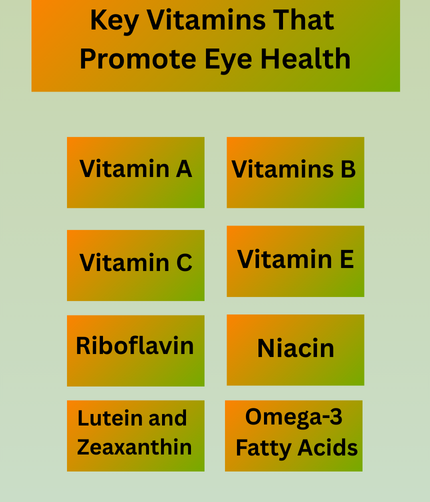
- Vitamin A
This is an essential ingredient for keeping good eyesight. It is required for the development of rhodopsin, a protein in the retina that lets the eye see in low-light circumstances.
- Egg yolk
- Milk
- Carrots
People who do not get enough vitamin A may develop night blindness, which makes it harder to see in low-light conditions. Severe deficiency can cause more significant eye issues, such as dry eyes and corneal damage.
This protects the eyes from dryness-related infections and inflammation.
Maintaining enough vitamin A levels through a well-balanced diet is critical for eye health, vision prevention, and general immunological function.
- Vitamins B
The B vitamin group contains several vitamins that are vital for general health, and several, including B6, B9 (folate), and B12, are especially good for the eyes.
In order to sustain general eye function, it is crucial to protect the eyes against oxidative damage brought on by light and pollution.
Additionally, it maintains the retina and other eye tissues healthy by promoting good blood circulation, which is essential for supplying oxygen and nutrients to the eyes.
These are found in whole grains, eggs, dairy products, leafy greens, legumes, and meat. In order to maintain excellent eye health, a balanced diet is necessary.
- Vitamin C
- Broccoli
- Peppers
- Any citrus fruits
- Kiwis
- Kale
This potent antioxidant is essential in defending the eyes from damage brought on by free radicals, which are unstable chemicals that over time can damage eye cells.
By promoting the health of the blood vessels in the eyes, it lowers the risk of diseases, including cataracts and age-related macular degeneration (AMD) and helps to maintain appropriate circulation.
Collagen, a protein that maintains the strength and health of the cornea and other eye tissues, is also produced as a result.
To preserve long-term eye health and avoid vision loss, it is crucial to regularly consume vitamin C and other antioxidants.
- Vitamin E
- Almonds
- Sunflower seeds
- Avocados
Free radicals are unstable chemicals that can damage eye cells and accelerate ageing. Vitamin E is a potent antioxidant that helps shield the eyes from these threats.
Vitamin E maintains general eye health and helps preserve clear vision by shielding the sensitive tissues of the eyes from oxidative stress.
Foods high in this vitamin include spinach, almonds, seeds, and vegetable oils, which make them excellent options for nutrition that is good for the eyes.
Taking supplements or incorporating vitamin E into a balanced diet can help protect your eyes and support long-term visual health. To eliminate too much aqueous humour in the eyes, use the Careprost eye drop.
- Riboflavin
- Mangoes
- Grapes
- Berries
- Different nuts
A vital ingredient that promotes general eye health, riboflavin, generally referred to as vitamin B2, helps shield the eyes from oxidative stress and damage brought on by exposure to light.
It can lower the chance of cataract development, a frequent cause of visual impairment, and is essential for maintaining healthy corneas.
Riboflavin helps eye cells produce energy, which keeps them healthy and functioning correctly.
Whole grains, dairy products, eggs, lean meats, and green leafy vegetables are all good dietary sources of riboflavin.
A healthy diet that includes adequate riboflavin promotes healthy eye function and helps stave off age-related eye disorders.
- Niacin
The nutrient niacin, also referred to as vitamin B3, is crucial for maintaining general health, which includes eye health.
To maintain the eyes healthy and operating properly, it helps increase blood circulation, which is necessary for supplying them with nutrients and oxygen.
Furthermore, niacin helps shield the eyes from oxidative stress and inflammation, two factors that can exacerbate eye disorders.
Niacin-rich foods include fish, chicken, peanuts, whole grains, and fortified cereals; therefore, eating a balanced diet is crucial to keeping your eyes healthy.
When taken in sufficient amounts, niacin helps maintain the general health of the tissues in the eyes and lowers the chance of developing certain eye disorders, even though it is not frequently mentioned explicitly for eye health.
- Lutein and zeaxanthin
Strong antioxidants called carotenoids, such as lutein and zeaxanthin, are present naturally in the retina of the eye, especially in the macula, which is in charge of clear centre vision.
By blocking damaging high-energy blue light from devices and sunshine, these nutrients shield the eyes from damage caused by light, acting as natural sunglasses.
They also aid in preserving the retina’s healthy cells and lowering oxidative stress, which over time may otherwise result in damage.
Green leafy vegetables, including collard greens, spinach, and kale, as well as eggs and maize, are good sources of lutein and zeaxanthin.
Consuming these carotenoids throughout your diet promotes long-term eye health and helps maintain your eyesight as you age.
- Omega-3 Fatty Acids
The necessary lipids, omega-3 fatty acids, particularly DHA and EPA, are critical for preserving general eye health.
Because omega-3 fatty acids improve the production and quality of tears, they can help decrease inflammation and alleviate the symptoms of dry eye syndrome.
Walnuts, flaxseeds, and chia seeds are good sources of omega-3 fatty acids, as are fatty seafood like salmon, mackerel, and sardines.
An essential component of a balanced diet for eye care, omega-3 fatty acids promote healthy eyes and eyesight when consumed regularly.
The physicians may, however, advise you to use Careprost Plus in this situation, as it lowers blood pressure and helps remove extra humour from the eyes.
Do Vitamin Supplements Take The Place Of A Balanced Diet?
Supplementing with vitamins is frequently promoted as a quick and easy method to prevent nutritional deficiencies and enhance health.
People who want to increase their nutritional consumption frequently use them, and they come in a variety of formats, including tablets, capsules, powders, and liquids. However, although they can be useful in some circumstances, they cannot replace a well-balanced diet.
Vitamins, minerals, fibre, antioxidants, and other vital elements that supplements frequently lack are all found in a balanced diet. Supplements cannot completely replace the complex vitamin combinations found in entire meals, including fruits, vegetables, whole grains, lean meats, and healthy fats.
Meals that are well-balanced and prepared are more beneficial to long-term health than pills. For long-term health maintenance, certain behaviours must be formed.
However, there are situations where supplements are required. Supplements may be helpful for elderly people, vegetarians, or anyone with poor absorption to achieve appropriate nutritional levels. However, they must be taken under a doctor’s supervision and should not be used in place of a healthy diet.
In conclusion, the advantages of a balanced diet cannot be replaced by vitamin pills, even though they can enhance health.
How Can I Maintain Eye Health?
Every time you’re outside, put on sunglasses that completely block UVA and UVB particles. Cataracts and other eye problems might become more likely with prolonged exposure to sunshine.
If you feel like your eyes are dry, use artificial tears and drink lots of water. Dry conditions, age, and screen time can all contribute to dry eyes.
Regardless of whether you use glasses or not, you should see an eye doctor at least once every one to two years. Eye exams can identify the early symptoms of conditions, including high blood pressure, diabetes, and glaucoma.
The risk of age-related eye conditions such as cataracts and macular degeneration is increased by smoking.
When using equipment or chemicals or participating in sports, use safety goggles or glasses to protect your eyes.
Diabetes and high blood pressure are two conditions that can have a major impact on your eyes. Your eyesight may be protected by managing your general health with food, exercise, and medicine.
Do Allergens Have An Impact On Eye Health?
Indeed, allergens can significantly affect eye health. Pollen, dust, mould, and pet dander can all cause your immune system to respond by releasing histamines into your eyes. Allergic conjunctivitis, a disorder marked by irritation and pain, results from this.
Itching, tearing, swelling, redness, and a burning feeling are all common signs of ocular allergies. Some persons may also have light sensitivity or cloudy vision. These symptoms, which can be minor or severe, might make it difficult to go about everyday tasks.
Allergies to the eyes can be seasonal or chronic. Pollen is frequently the source of seasonal allergies, which typically manifest in the spring and fall. Year-round allergens, such as dust mites or cat dander, can cause persistent discomfort and create perennial allergies.
Using lubricating or antihistamine eye drops, avoiding known allergies, and occasionally taking oral antihistamines are all part of the treatment. Stronger drugs to reduce inflammation and itching may be prescribed by a doctor in more severe situations.
To conclude, allergens can have a detrimental effect on eye health; however, the symptoms can be effectively handled with the right care and prevention. Maintaining long-term eye comfort and health can be facilitated by routine eye exams and allergy treatment.
Does a Diet Rich in Fat Affect My Eyes?
While bad fats can damage your eyes by altering blood flow and causing inflammation, good fats, especially omega-3s, help to maintain and preserve eyesight.
Limiting trans and saturated fats while increasing your intake of healthy fats is crucial for eye health.
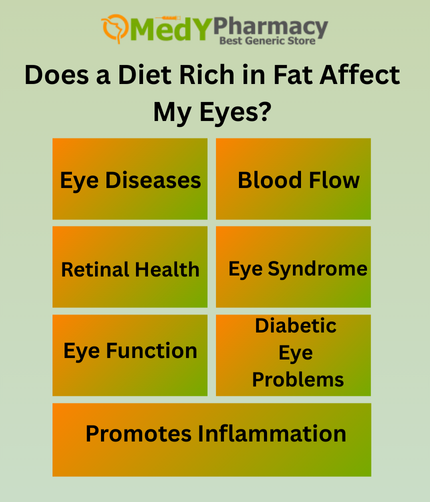
- Eye Diseases
If treatment is not received, this can cause blindness or other visual impairments in people of all ages. Every illness has distinct symptoms and hazards, and it affects various areas of the eye.
When a cataract develops, the lens of the eye becomes clouded, making it difficult to see clearly and in low light. It is frequently associated with age, although it can also be brought on by trauma or specific illnesses.
This elevated intraocular pressure can harm the visual nerve, resulting in progressive blindness, frequently without any initial symptoms.
This diabetic condition affects the blood vessels in the retina, which might lead to blindness if left untreated.
- Blood Flow
Delivering oxygen and nutrients to every area of the body, including the eyes, depends on blood flow. Ensuring proper circulation guarantees that the sensitive tissues of the eyes receive the necessary nutrients to maintain their health and function. Insufficient blood flow can harm eye cells, resulting in visual issues.
Blood flow in the eyes sustains the retina, optic nerve, and other essential components. In addition to contributing to disorders like glaucoma and diabetic retinopathy, reduced or obstructed blood flow can result in situations like retinal artery occlusion. If left untreated, these conditions can cause blindness.
Maintaining excellent eye health requires controlling illnesses like diabetes or high blood pressure, eating a balanced diet, and getting frequent exercise.
- Retinal Health
Clear vision depends on the retina’s health since it is the light-sensitive layer at the back of the eye that transforms light into electrical impulses that are sent to the brain. You can see crisp, detailed images and correctly detect colour when your retina is healthy. Vision issues or even blindness may result from retinal damage.
Dark spots, hazy vision, or abrupt vision loss are some of the symptoms of these disorders.
A nutrient-rich diet rich in antioxidants and omega-3 fatty acids, frequent eye checkups, controlling long-term health issues like diabetes, and shielding the eyes from excessive UV radiation are all important for maintaining retinal health.
- Eye Syndrome
A range of disorders affecting the eyes that are commonly characterised by a combination of symptoms, including redness, dryness, irritation, and visual problems, might be collectively referred to as “eye syndrome.”
Dry eye syndrome, which is characterised by insufficient tear production or excessive tear evaporation, is a prevalent example. This condition causes pain and irritation.
Blurred vision, burning, itching, a grainy texture, and light sensitivity are some of the symptoms of dry eye syndrome. Age, the environment, some drugs, or underlying medical issues might all be the cause.
To avoid problems and preserve the comfort and health of the eyes, early diagnosis and care are crucial.
- Eye Function
Eye function is the term used to describe the intricate mechanisms that enable the eyes to perceive and process visual information, giving us the ability to view our surroundings.
Cones let humans sense colour and fine details, while rods aid in low-light vision and movement detection. When combined, they provide for detailed and sharp vision.
The health of each of these components, as well as sufficient blood flow, nutrition, and neurological connections, is necessary for proper eye function.
- Diabetic Eye Problems
A collection of eye disorders known as diabetic eye issues can afflict diabetics and, if left untreated, can result in blindness. The most prevalent diabetic eye disease is diabetic retinopathy, which happens when the retina’s tiny blood vessels are harmed by high blood sugar and begin to leak or bleed.
Diabetics are more likely than non-diabetics to develop these conditions.
Blood pressure, cholesterol, and blood sugar levels must be controlled to prevent diabetic eye issues. Regular eye exams are also necessary to identify any changes early. Prompt laser treatments, injections, or surgery can help protect vision and avoid serious consequences.
- Promotes Inflammation
When anything causes or intensifies the body’s inflammatory response, it is said to promote inflammation. When an injury or infection occurs, the immune system’s natural response is inflammation, which serves to protect and repair the body. However, prolonged or severe inflammation can damage tissues and play a role in several disorders.
The environment, lifestyle choices, and certain foods all contribute to inflammation. Diets heavy in refined carbohydrates and saturated fats, for instance, can raise the body’s levels of inflammatory molecules.
A balanced diet, consistent exercise, and abstaining from bad habits can all assist in managing inflammation and safeguarding general health, including eye health.
Can Smoking Lower Vitamin Levels for Eye Health?
Smoking raises the risk of serious eye diseases and can diminish essential vitamin levels that are crucial for eye health. Smoking causes the body to absorb dangerous substances that damage blood vessels, encourage oxidative stress, and obstruct the absorption of nutrients.
This has a direct effect on the eyes and the nutrients they need, in addition to being detrimental to overall health.
The function of vitamin A may be indirectly impacted by smoking’s impairment of zinc absorption.
Smoking depletes the body’s supply of key nutrients that are necessary for good eye health. It dramatically raises the chance of acquiring sight-threatening diseases, including AMD, cataracts, and dry eye syndrome, and speeds up the ageing process of the eyes.
Other effective measures include eating a diet high in nutrients and getting regular eye exams.
Which Vitamins Are Beneficial for Eye Fatigue?
Proper nutrition can aid in the eyes’ recovery and improve performance. Eye tiredness is frequently caused by strain, extended screen time, or inadequate lighting.
Additionally, it aids in the maintenance of healthy blood vessels in the eyes, which is critical for minimising fatigue and accelerating healing.
Especially in low light, it promotes healthy eyesight and lessens eye strain from prolonged screen time.
Carotenoids such as lutein and zeaxanthin also help to preserve the retina and soothe tired eyes by filtering damaging blue light from displays.
What Additional Nutrients Are Needed for Eye Care?
Apart from vitamins, several essential nutrients are crucial for preserving eye health and averting eye disorders. Together, these nutrients sustain various eye components, from the cornea to the retina, guaranteeing healthy operation and defence.
It aids in the liver’s transportation of vitamin A to the retina, where it is utilised to create the protective pigment melanin.
The production of red blood cells and the preservation of healthy connective tissues in the eyes depend on copper, which functions in tandem with zinc.
The antioxidant mineral selenium also aids in protecting the eyes from oxidative damage. In addition to boosting immunity, it may lower the chance of cataracts and other age-related eye disorders.
A number of distinct eye problems may be prevented or their advancement slowed by particular vitamins and minerals, according to researched findings.
If you believe your diet is deficient in any of these vitamins, supplements can be helpful. Check out our Medypharmacy website.







